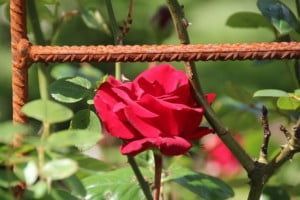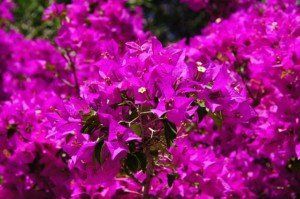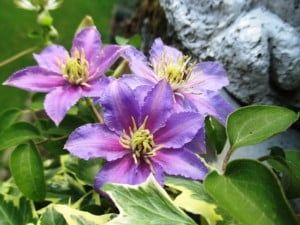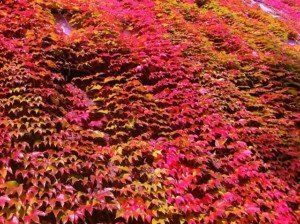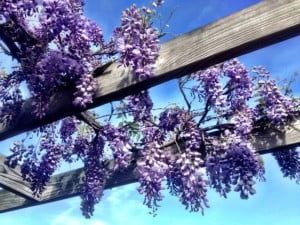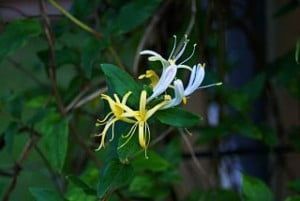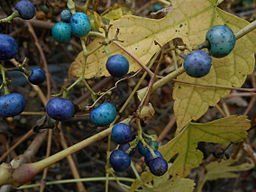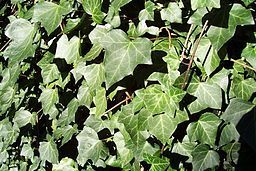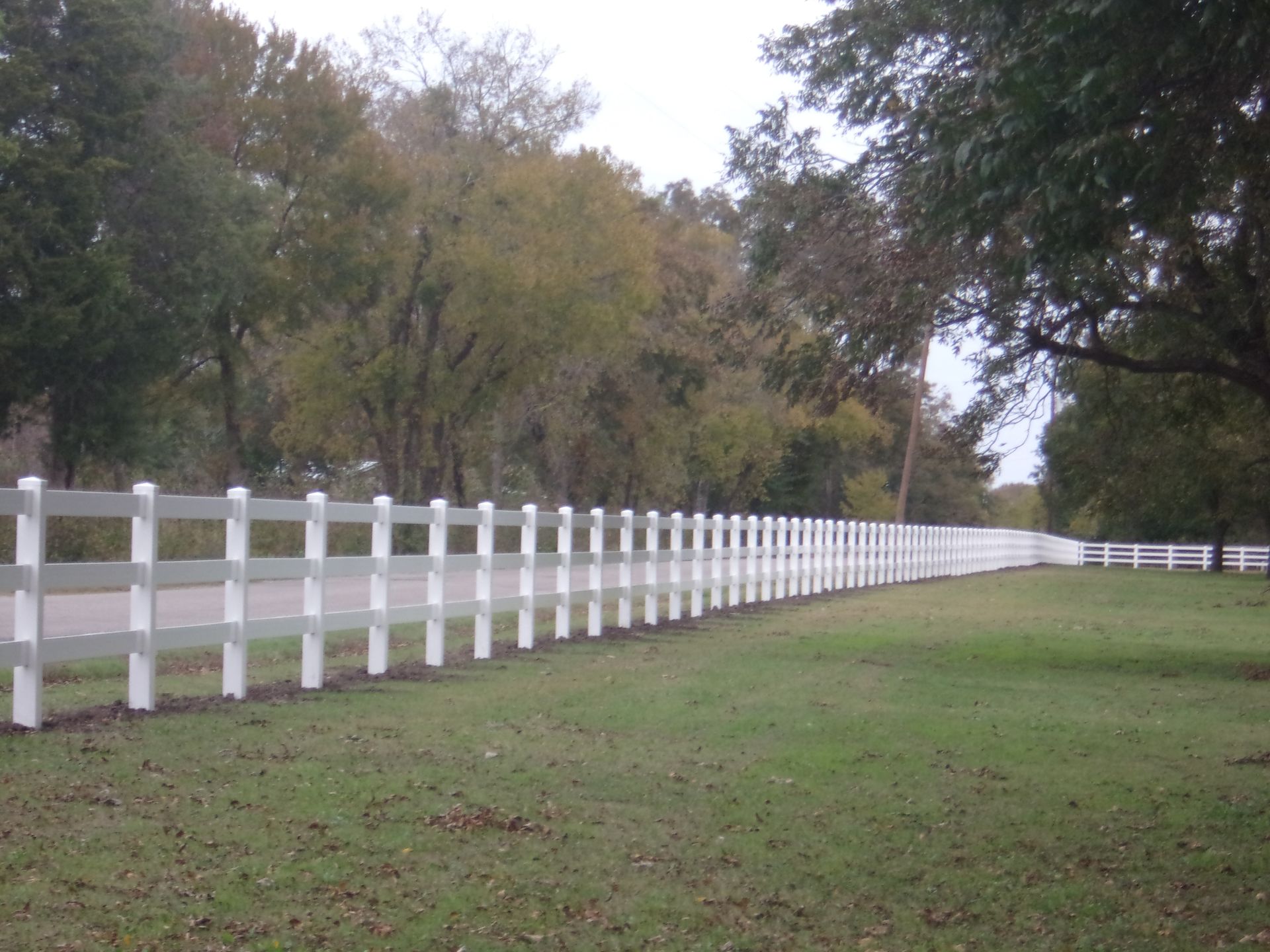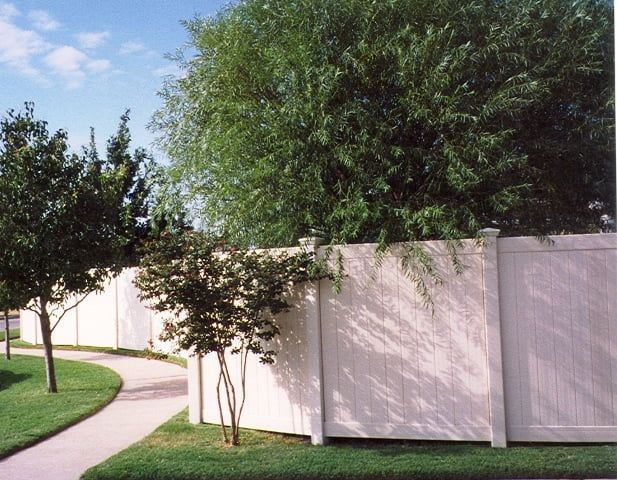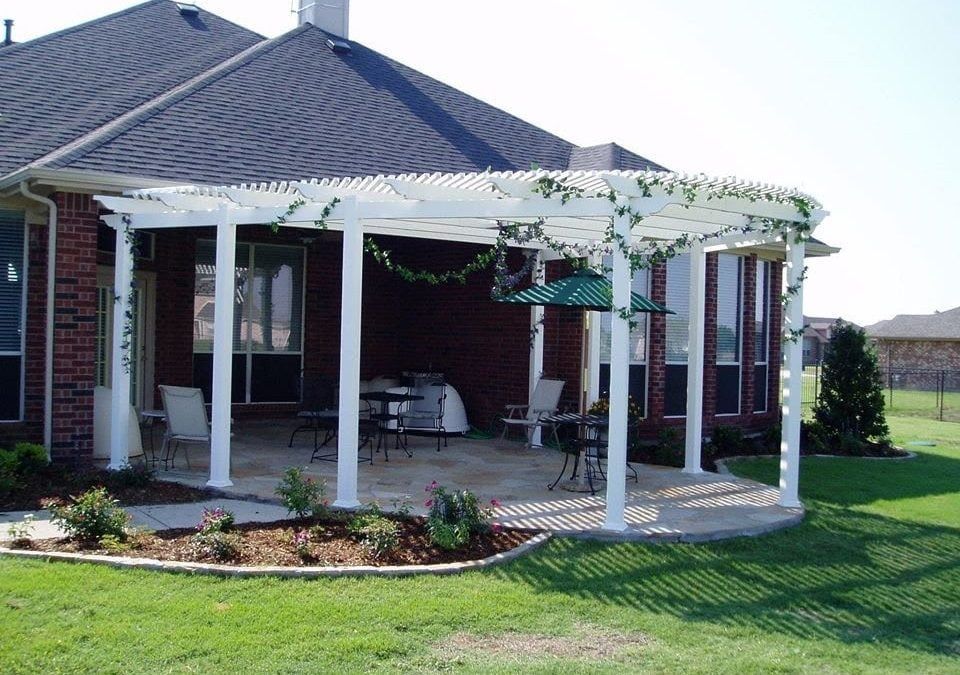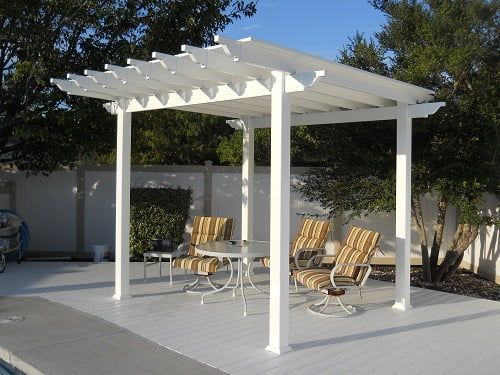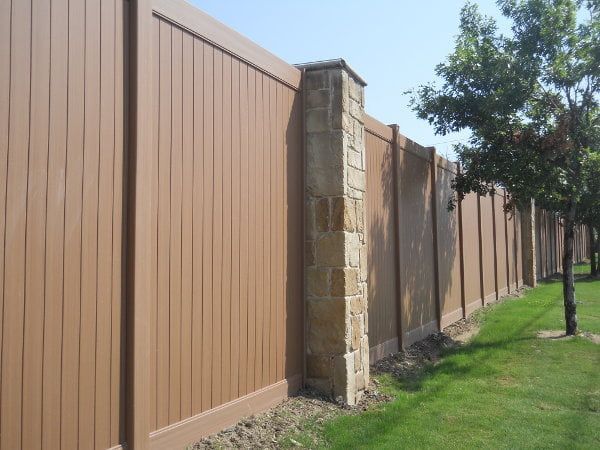A classic choice for gardens, climbing roses make an excellent accent for a vinyl pergola. They come in many colors to match your particular style, and they’re relatively hardy and easy to care for.
Roses climb best on a lattice, since they do not self-adhere to surfaces. This means they will probably require some training and pruning to climb where you want them. Roses also have lots of thorns, so you’ll have to be careful working with them. However, the results are definitely worth the extra effort.


